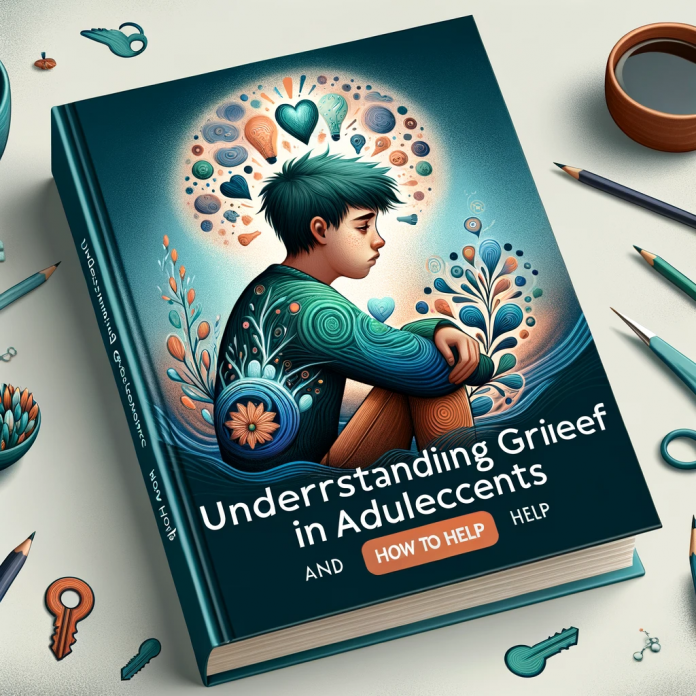Grief is a universal human experience, yet it is often misunderstood, especially when it comes to adolescents. This age group faces unique challenges in processing and expressing their grief, making it crucial for adults to understand and support them effectively.
The Nature of Adolescent Grief
Adolescence is a period of significant change and development, which can complicate the grieving process. Unlike adults, adolescents may not have the emotional maturity or life experience to fully comprehend the permanence of loss.
Moreover, societal expectations often pressure adolescents to suppress their feelings, leading to unresolved grief. This can manifest in various ways, including changes in behavior, academic performance, and social interactions.
Behavioral Changes
Adolescents experiencing grief may exhibit changes in their behavior. This can include increased irritability, withdrawal from activities they once enjoyed, or engaging in risky behaviors. It is important to recognize these signs as potential indicators of grief, rather than dismissing them as typical teenage rebellion.
Academic Performance
Grief can also affect an adolescent's academic performance. They may struggle to concentrate, leading to declining grades. Alternatively, some adolescents may immerse themselves in their studies as a form of escapism, resulting in unusually high performance.
Social Interactions
Changes in social interactions are another common manifestation of adolescent grief. Some may withdraw from their peers, while others may seek out new social groups. Understanding these changes can help adults provide appropriate support.
Helping Adolescents Navigate Grief
Supporting an adolescent through their grief journey requires patience, understanding, and empathy. Here are some strategies that can help.
Open Communication
Encourage open and honest communication about their feelings. This can help adolescents process their grief and feel less isolated in their experience. Remember, it's okay not to have all the answers. Sometimes, simply listening can be the most powerful form of support.
Professional Help
Consider seeking professional help if the adolescent's grief appears to be significantly impacting their daily life. Therapists and counselors who specialize in grief can provide valuable tools and strategies to help adolescents cope.
Normalizing Grief
Normalize the experience of grief. It's important for adolescents to understand that grief is a natural response to loss, and it's okay to feel a range of emotions. This can help them feel less alone and more understood.
Understanding the Long-Term Impact of Grief
Unresolved grief in adolescence can have long-term impacts, including mental health issues and difficulties in adult relationships. Therefore, it's crucial to address adolescent grief promptly and effectively.
Mental Health
Adolescents who do not properly process their grief may be at a higher risk for mental health issues, such as depression and anxiety. Early intervention can help mitigate these risks and promote healthier coping mechanisms.
Adult Relationships
Unresolved grief can also affect an adolescent's ability to form healthy relationships in adulthood. By addressing their grief early on, adolescents can learn to navigate loss and change in a healthier way, which can positively impact their future relationships.
Conclusion
Understanding grief in adolescents and how to help is a complex but crucial task. By recognizing the unique challenges adolescents face in their grief journey and providing appropriate support, we can help them navigate this difficult experience in a healthy and constructive way.
Recommended Products
- The Gift of Second — Healing from the impact of suicide loss
- Healing After Loss — Daily meditations for working through grief one day at a time
- The Grieving Brain — A neuroscientist explores how the brain processes grief and loss


-banner.png)





